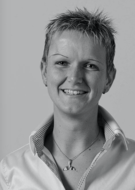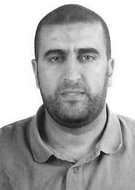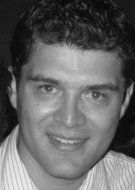Computational Thinking
Contacts

Dr. Ilenia Fronza
Assistant Professor, Free University of Bolzano, Italy
Dr. Ilenia Fronza is Assistant Professor at the Free University of Bolzano, Italy. She completed the Ph.D. in Computer Science at the same university. Her current research interests include: software analytics, with a focus on software development processes, web and mobile contexts, embedded systems, and its implications on the area of human machine interaction; educational aspects of software engineering with a focus on computational thinking and human machine interaction. In 2013/2014 she participated as coordinator and teacher in the ESF project TowArd ComputatIonal Thinking in the Schools (TACITuS); the project aimed at fostering Computational Thinking in schools and involved 140 students of 7 primary and secondary schools.

Dr. Nabil El Ioini
Assistant Professor, Free University of Bolzano, Italy
Nabil El Ioini received a Master degree in computer science from the Free University of Bolzano, Italy, in 2009. He is currently a Phd candidate at the Free University of Bolzano, Italy. His research interests include: Software Security and Software Testing, with a focus on Cloud Security and Quality of Service, embedded systems; Software testing and security teaching as part of computational thinking skills. In 2013/2014 he participated as teacher in the ESF project TowArd ComputatIonal Thinking in the Schools (TACITuS); the project aimed at fostering Computational Thinking in schools and involved 140 students of 7 primary and secondary schools.

Dr. Luis Corral
Assistant Professor, Free University of Bolzano, Italy
Dr. Luis Corral is Assistant Professor/Researcher in the Free University of Bolzano, South Tyrol, Italy. He completed the Ph.D. in Computer Science at the same university. His areas of interest are software quality assurance, mobile software engineering and computational thinking applied on mobile applications. In 2013/2014 she participated as coordinator and teacher in the ESF project TowArd ComputatIonal Thinking in the Schools (TACITuS); the project aimed at fostering Computational Thinking in schools and involved 140 students of 7 primary and secondary schools.